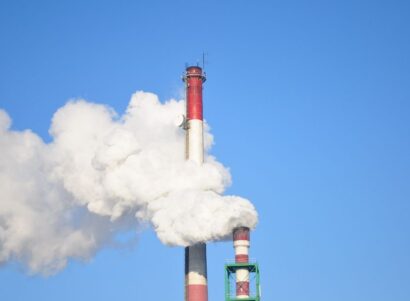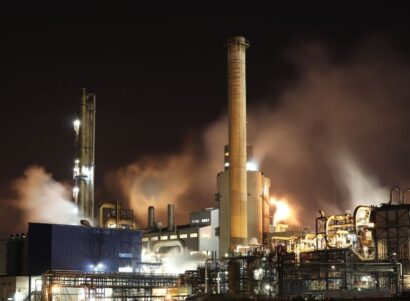Background
Oil and gas production is responsible for 60 percent of the industry’s total methane emissions. While the effects of methane—a potent climate pollutant—have been studied extensively, there is limited research examining production’s impact on air quality and public health.
In a peer-reviewed study published in the journal Environmental Research: Health, researchers from Boston University School of Public Health, Institute for the Environment, Environmental Defense Fund, and PSE Healthy Energy assessed the air quality and public health impacts associated with oil and gas production. The study analyzed emissions of ozone, fine particulate matter, and nitrogen dioxide from U.S. oil and gas production in 2016 and compared these findings with associated methane emissions.
Key Findings
This study estimates that regional air pollution from oil and gas production in the U.S. is responsible for 7,500 excess deaths, 410,000 asthma attacks, and 2,200 new cases of asthma each year. All told, health effects due to oil and gas production creates annual health costs of $77 billion. Nitrogen oxide—a common pollutant associated with burning natural gas—was the largest contributor to mortality and over 80% of asthma attacks. These health impacts were previously unaccounted for in health impact assessments.
The researchers also found that in some cases pollution from oil and gas production can travel long distances, suggesting that pollution may impact populations living far from extraction sites, as well as those living nearby. The emissions and health effects detailed in this study do not include the burning or leakage of gas in cities or buildings. This assessment is therefore only a component of the full life cycle health impacts of oil and gas use. In order for energy, air quality, and decarbonization policies to protect public health the full life cycle of gas must be incorporated.
Conclusions
Pollution from oil and gas production has substantial effects on public health and climate change. The benefits of reducing emissions from production are substantial, including improved public health through reduced exposure to ozone, PM2.5, and NO2 and climate change mitigation through methane reduction. What’s more, the benefits of policies that reduce emissions can extend well outside oil and gas producing regions, providing air pollution and health benefits to populations far from oil and gas producing regions.

 Study
Study






